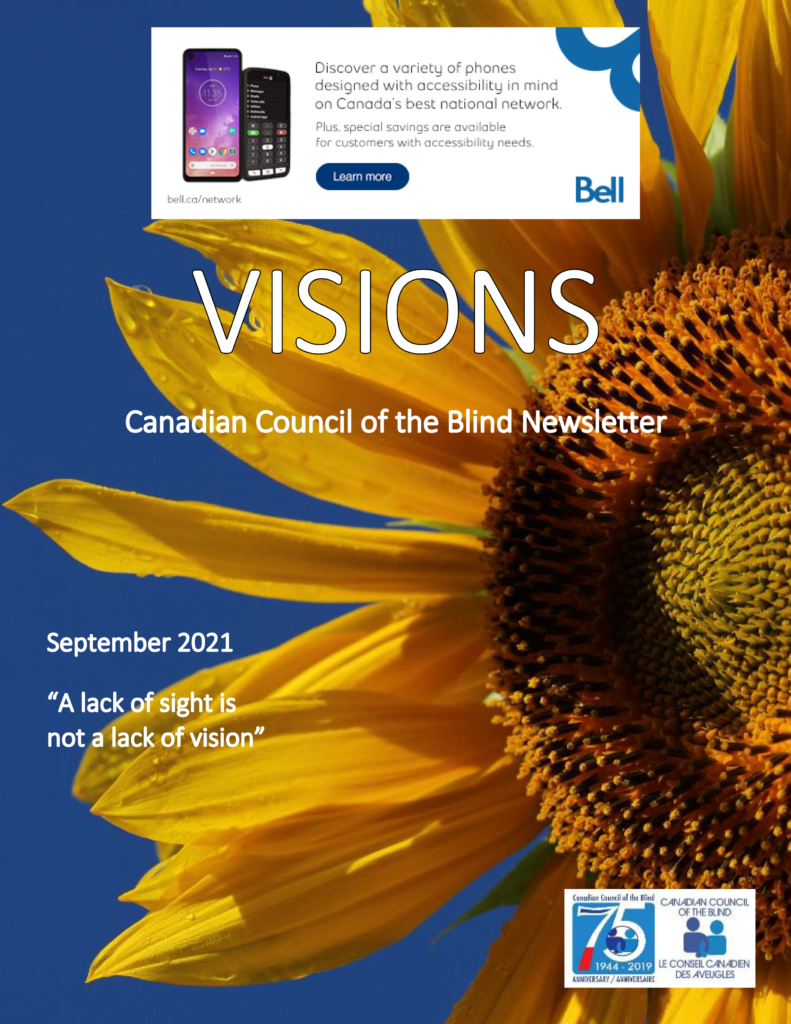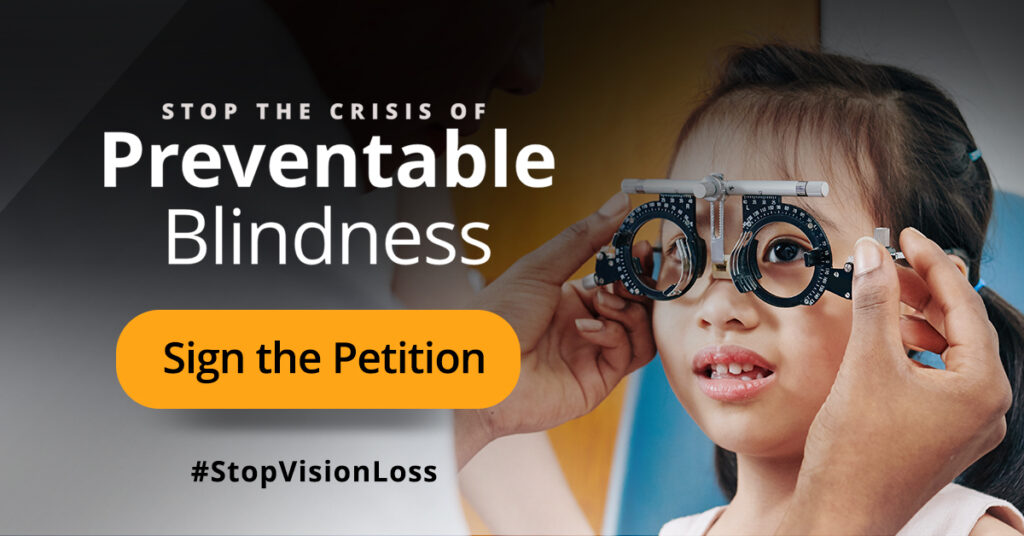Council of Canadians with Disabilities (CCD)
Founded in 1976, the Council of Canadians with Disabilities (CCD) is a national human rights organization of people with disabilities. CCD’s mission and mandate are as follows:
Mission -CCD is a social justice organization of people with all disabilities that champions the voices of people with disabilities, advocating an inclusive and accessible Canada, where people with disabilities have full realization of their human rights, as described in the UN Convention on the Rights of Persons with Disabilities (CRPD).
Mandate – CCD unites advocacy organizations of people with disabilities to defend and extend human rights for persons with disabilities through public education, advocacy, intervention in litigation, research, consultation and partnerships. CCD amplifies the expertise of our partners by acting as a convening body and consensus builder.
CCD’s members are provincial/territorial cross-disability, consumer-controlled, human rights organizations and national uni- and cross-disability, consumer-controlled, human rights organizations. CCD’s members are:
- Disability Alliance BC
- Voice of Albertans with Disabilities (VAD)
- Saskatchewan Voice of People with Disabilities (SVOPD)
- Manitoba League of Persons with Disabilities (MLPD)
- Citizens with Disabilities — Ontario
- Confédération des Organismes de Personnes Handicapées du Québec (COPHAN)
- Nova Scotia League for Equal Opportunities (NSLEO)
- PEI Council of People with Disabilities
- Coalition of Persons with Disabilities–NFLD and Labrador (CODNL)
- NWT Disabilities Council
- Canadian Association of the Deaf (CAD)
- Canadian Council of the Blind (CCB)
- National Educational Association of Disabled Students (NEADS)
- National Coalition of People who use Guide and Service Dogs of Canada
- National Network for Mental Health (NNMH)
- Thalidomide Victims Association of Canada
CCD’s governance body is the National Council. Each member appoints a representative to the National Council and there are also five seats for members-at-large from communities pushed to the margins. The National Council meets regularly, providing an opportunity to exchange information about disability rights, public education initiatives, advocacy campaigns, legal interventions, research, consultation and partnerships occurring across Canada. Members can contribute to policy development by participating on working groups and committees.
During this past year, CCD’s advocacy work has been focused on amplifying the concerns of people with disabilities during the COVID-19 pandemic, keeping disability poverty and the promised Canada Disability Benefit on the federal government’s agenda, drawing attention to how Medical Aid in Dying puts people with disabilities in harm’s way, and monitoring Canada’s implementation of the CRPD. Also during the past year, CCD has been modernizing the organization by reviewing and updating its policies and procedures and committee structure, so that we remain an effective advocate for an accessible and inclusive Canada.




